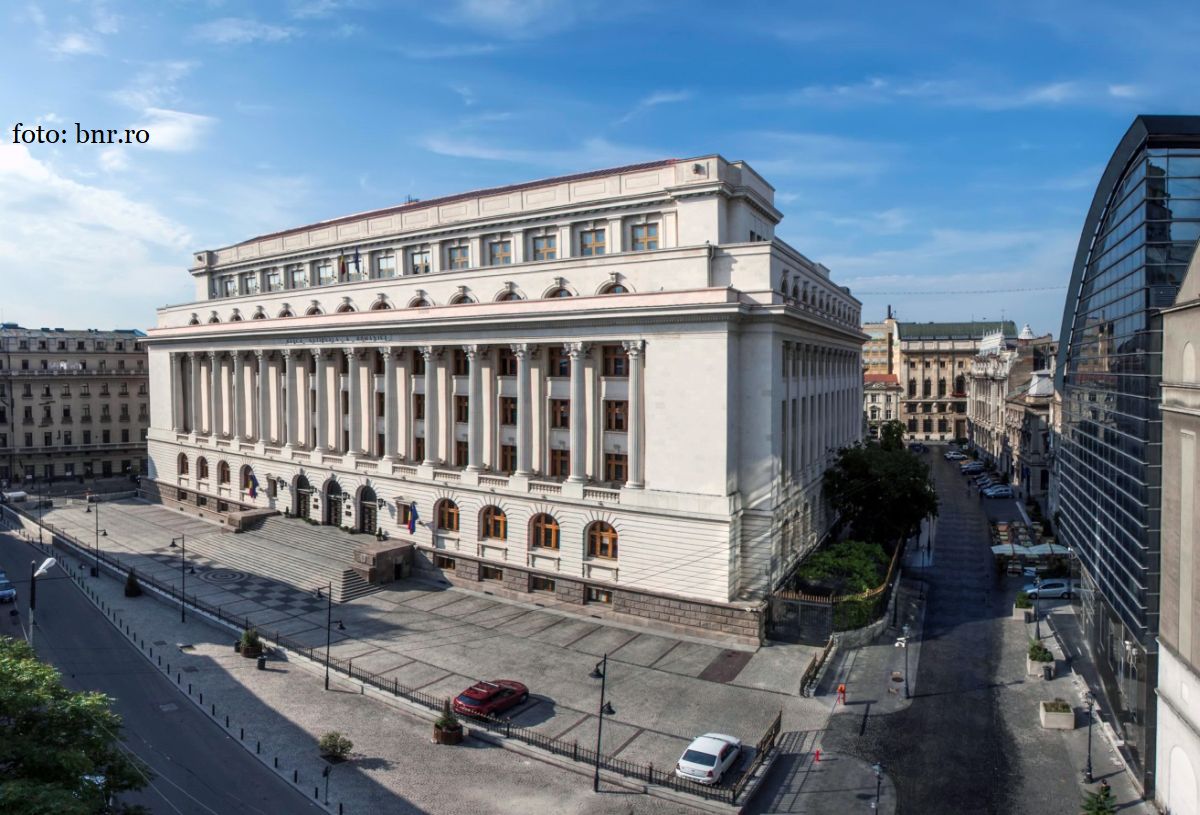New changes to the justice laws in Romania
The Romanian Government has passed an emergency decree to amend the justice laws

Roxana Vasile, 16.10.2018, 12:10
On Monday, the Romanian Government passed an
emergency ordinance amending the justice laws, which have been the topic of
fierce debates for some time. Applauded by some and contested by others, the
amendments have been validated by the Constitutional Court, as the Prime
Minister Viorica Dancila announced in the latest government meeting, also
stressing that the changes will ensure a better functioning of the justice
system, for the benefit of the Romanian citizens. In turn, the Justice Minister
Tudorel Toader has stated that passing this ordinance was necessary in order to
incorporate some of the recommendations made by the Venice Commission and some
of the requests made by the Superior Council of Magistracy. The minister has emphasized
some of the changes, such as the provision according to which, in order to hold
a leadership position within the General Prosecutor’s Office, the National
Anticorruption Directorate (DNA) and the Directorate for Investigating Organized
Crime and Terrorism (DIICOT), prosecutors will need to prove 15 years of
seniority, instead of 8 as before. Interviews for these positions will be
recorded, archived and available to all those interested in watching them.
Also, the prosecutors who want to work with the National Anticorruption
Directorate or DIICOT will have to have 10 years of seniority. The provision
regarding the early retirement of magistrates after 20 years of seniority will
be applied after December 31st, 2019, in order to avoid shortage of
staff, which is one of the concerns voiced by the Venice Commission. Minister
Toader explained:
In order to strike the balance between
the desire of some of the magistrates to retire immediately after 20 years of
work, the ruling of the Constitutional Court and the recommendations made by
the Venice Commission, which believes that this would create staff shortage, we
have decided to postpone the implementation of this provision up until the end
of 2019. In the meantime we will see how the system works.
The president of the opposition National Liberal
Party Ludovic Orban has stated, however, that out of the nine recommendations
made by the Venice Commission, the Government has only complied with two and
that the current ruling coalition ignores all the messages conveyed at European
level. Ludovic Orban:
The National Liberal Party firmly blames
the Government for continuing to mock the independence of the judiciary, the
citizens’ fundamental rights and freedoms and the cooperation with the European
Commission and other European institutions.
In turn, Romania’s Prosecutor General Augustin Lazar
has stated that the changes brought to the justice laws were done hastily, thus
affecting the solving of important cases:
Staff from several prosecutor offices
have been mobilized and posted to solve big and complex cases. In this new
situation, the staff working on these cases will be dismantled.
According to Augustin Lazar, unless these so-called
‘big cases’ are solved, Romania might have to pay large amounts of money
following rulings by the European Court of Human Rights.
(Translated by M. Ignatescu)






























